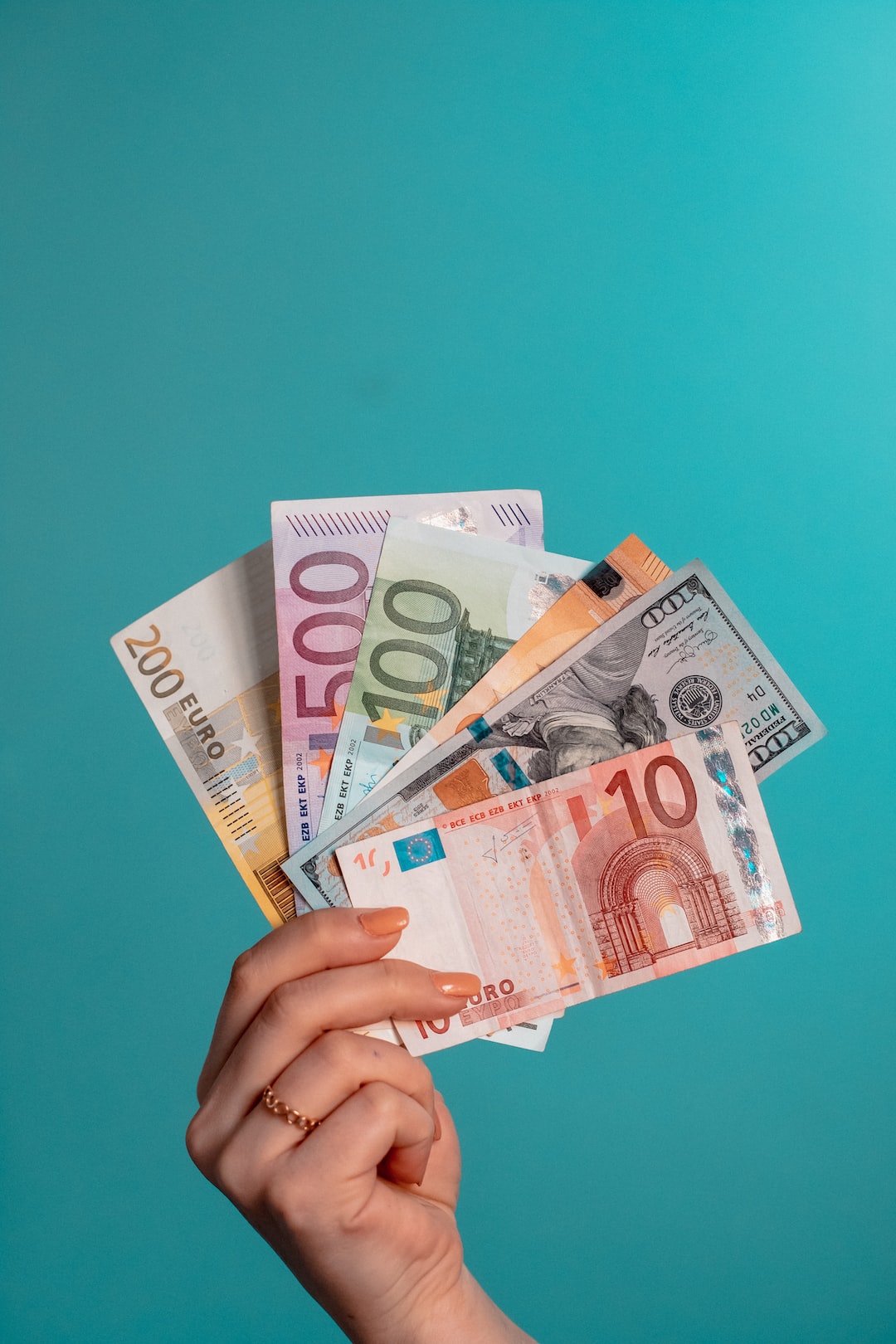Forex trading is a highly volatile market that is influenced by various factors such as economic news, political events, and market sentiment. One of the key factors that impact forex trading is the spread, which refers to the difference between the bid and ask price of a currency pair. Spreads can increase or decrease depending on several factors. In this article, we will explain why spreads increase in forex.
What is a Spread?
In forex trading, a spread is the difference between the bid price and ask price of a currency pair. The bid price is the price at which a trader can sell a currency pair, while the ask price is the price at which a trader can buy a currency pair. The spread is essentially the cost of trading forex, and it is typically measured in pips.
For example, if the bid price for EUR/USD is 1.1200 and the ask price is 1.1205, the spread is 5 pips. This means that a trader who buys EUR/USD at the ask price of 1.1205 would need the price to rise by at least 5 pips before they can make a profit.
Why do Spreads Increase in Forex?
1. Market Volatility
One of the primary reasons why spreads increase in forex is market volatility. When the market is volatile, it means there is a lot of uncertainty and unpredictability in the market, which can lead to wider spreads. This is because traders are more cautious and may be unwilling to trade at certain prices, resulting in a lack of liquidity.
For instance, during major news events such as interest rate announcements, spreads can widen due to increased volatility. Traders may be hesitant to trade during such events, leading to a lack of liquidity and wider spreads.
2. Low Liquidity
Low liquidity is another factor that can cause spreads to increase in forex. Liquidity refers to the ease with which a trader can buy or sell a currency pair without affecting its price. When the liquidity in the market is low, it means there are fewer buyers and sellers in the market, which can lead to wider spreads.
For instance, during holidays or weekends, trading activity in the forex market may be low, resulting in wider spreads. Similarly, trading activity may be low during certain trading sessions, such as the Asian session, resulting in wider spreads.
3. Market Maker Spreads
Another reason why spreads may increase in forex is market maker spreads. Market makers are financial institutions that provide liquidity to the market by buying and selling currency pairs. They typically make money by charging a spread, which is the difference between the bid and ask price.
Market maker spreads can vary depending on the liquidity in the market and the volatility of the currency pair. In some cases, market makers may widen the spread to protect themselves from market volatility or to cover their risk exposure.
4. Broker Markup
Brokers are another factor that can cause spreads to increase in forex. Brokers are financial institutions that provide traders with access to the forex market. They typically make money by charging a markup on the spread, which is the difference between the bid and ask price.
Brokers may widen the spread to cover their costs or to make a profit. For instance, brokers may widen the spread during high volatility periods or when liquidity in the market is low.
Conclusion
Spreads are a crucial factor in forex trading, and they can significantly impact a trader’s profitability. Understanding the factors that cause spreads to increase is essential for traders looking to minimize their trading costs and maximize their profits. By keeping an eye on market volatility, liquidity, and broker markup, traders can make informed decisions and trade more efficiently in the forex market.





